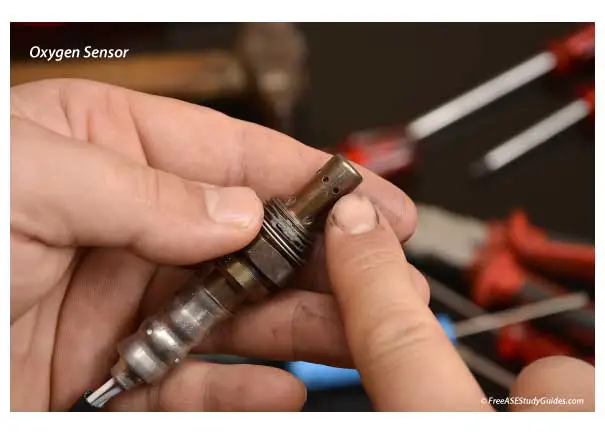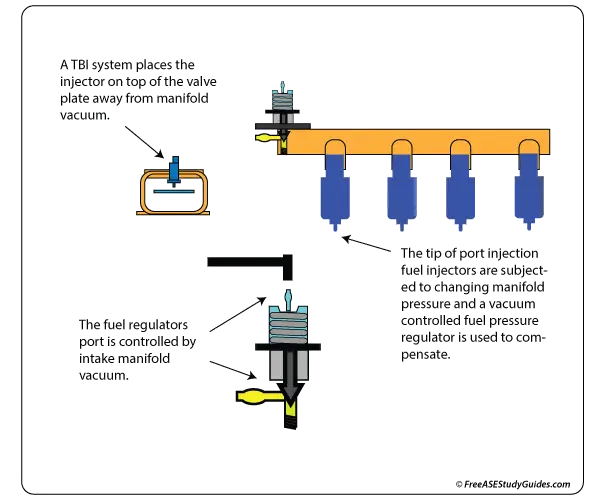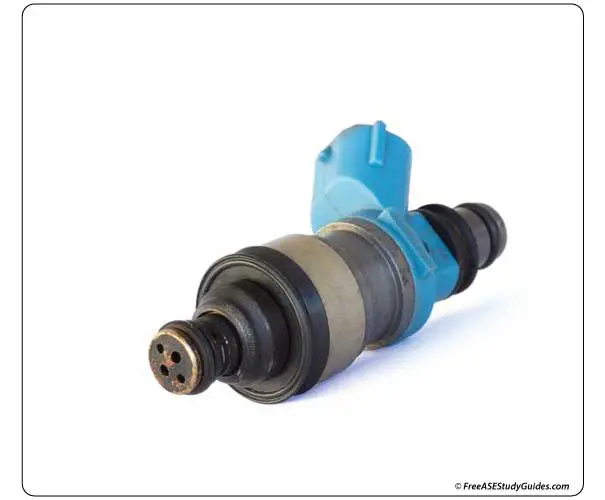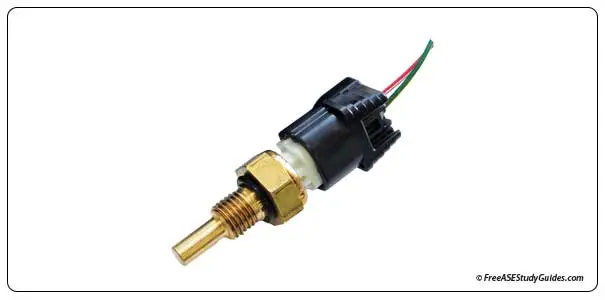Rich Fuel Condition

A rich fuel condition results in a faulty catalytic converter. Unburned fuel is entering the catalytic converter, and then burning. The burning fuel results in damage to the substrate and a sulfur-like odor emitting from the tailpipe.

Oxygen and Air Fuel Sensors: A faulty oxygen sensor causes an engine to run rich. Use a scan tool to read the oxygen sensor output. An oxygen sensor sending a bias or corrupt signal to the engine control module results in a rich fuel condition. Symptoms include black exhaust, fouled spark plugs, and poor engine performance.

Fuel Pressure Regulator: A fuel pressure regulator provides a constant fuel pressure to the fuel injectors. A traditional regulator contains a vacuum-operated diaphragm. It compensates for increased or decreased fuel demand. It provides increased fuel pressure for the increased demand. When the driver accelerates, air pressure in the intake manifold drops and fuel pressure increases. Electronic regulators do the same thing with more precise computer control.

Fuel Injectors: Fuel injectors atomize pressurized fuel from the fuel rail. They become clogged with deposits that form as fuel dries in the hot tip after the engine shut down. In time a fuel injector cleaning becomes necessary.

Engine Coolant Temperature Sensor: The ECT sends a voltage signal to the engine control unit regarding engine temperature. This signal changes as the engine's coolant temperature changes. If the sensor sends a false signal indicating a cold engine, the ECM enriches the air-fuel ratio to compensate.